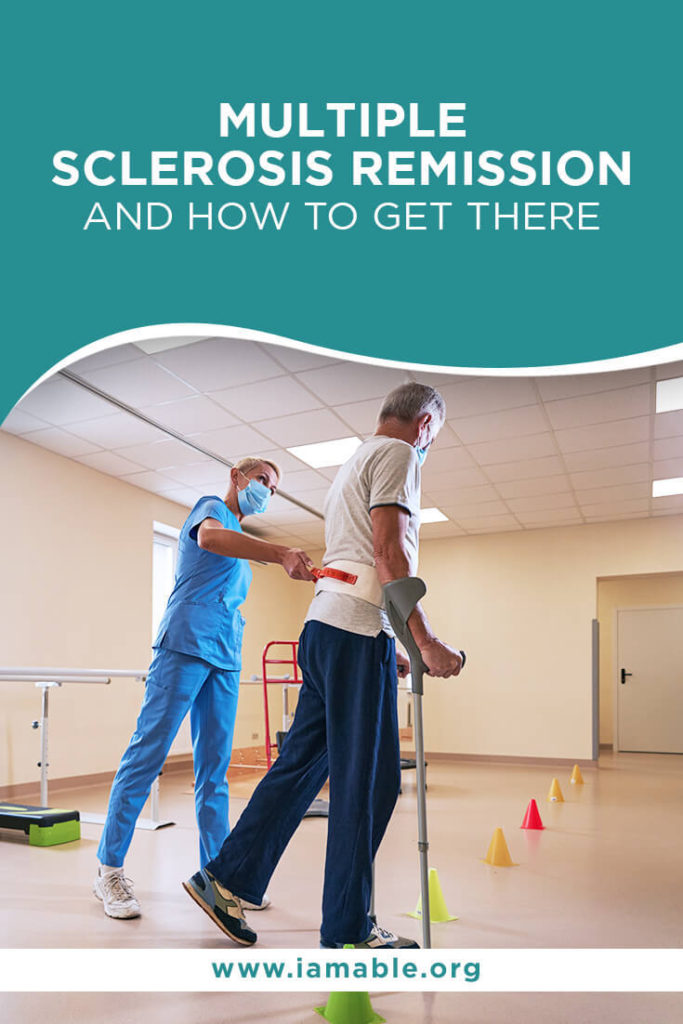Miami, FL 33186

Thousands of patients living with multiple sclerosis hope to enter remission, a recovery phase that can stretch anywhere from a couple of weeks to a few years. While it doesn’t necessarily result in complete body healing, this specific stage provides patients the leverage to take back control, even for a short while. So far, there are different ways a patient can achieve the remission stage. One of which is doing assisted exercises for multiple sclerosis in Miami. Others include making a few lifestyle changes, undergoing therapy for MS, and taking medications.
Are you familiar with these remedies and MS patient care techniques? Learn more about them and how you can achieve and maintain multiple sclerosis remission in our discussion below.
Research reveals that multiple sclerosis can come in many forms. Unfortunately, this is why many have a hard time navigating through the day-to-day challenges of living with multiple sclerosis. Here’s a closer look at the different types of MS disease courses.
The first type arises from the demyelination and inflammation in the nervous system. Its first episode usually lasts for an entire day, but it can disappear gradually if you don’t develop brainstem lesions similar to patients with MS. If you have this specific phenotype or MS disease course, you can resolve or delay worse symptoms using FDA-approved disease-modifying therapy.
According to statistics, about 80 to 85 percent of patients with multiple sclerosis have the RRMS type or relapsing-remitting type. If you get diagnosed with this disease course, you will most likely notice clearly defined episodes of exacerbated symptoms and brief or temporary periods of relief. This variant of MS can potentially improve or worsen, depending on how well you handle your patient care plan.
Did you know that some cases of RRMS transition into SPMS? Unfortunately, if you’re among these individuals, you will likely experience increasing disability as you age. On top of that, you might notice increased relapses but sporadic occurrences of remission.
PPMS occurs later in life and sadly causes worse effects on the body. Notably, most patients with this type of MS can no longer work because of worsening disability issues. Some even have to depend on others to do simple activities like walking, reaching high places, or commuting to work.
The sooner you can figure out which type of multiple sclerosis you have, the easier and quicker you can learn how to move forward and what treatment or therapies you should seek. So, if you don’t have a complete diagnosis of your symptoms, we recommend going to your physician.
Find out how severe your MS symptoms are and determine whether you have active, inactive, worsening, or nonworsening MS symptoms. Then, from there, you can try working a few things into your MS patient care plan. Some examples of these things include:
Multiple sclerosis worsens or flare-up when the inflammation in your body increases. So naturally, you should combat inflammation with the proper medications. Some of the usual prescription or OTC drugs that patients with MS use include the following:
Physical therapy for MS patients aims to strengthen the muscle and joints so you can slow down the progress of your symptoms. This technique also comes in extra handy in regaining loss abilities during the relapse stage of the disorder.
Various alternative and complementary treatment options for MS patients show incredible potential in easing the body into remission. A few examples of these include the following:
Because multiple sclerosis is a complex health problem, it pays to be extra attentive to your everyday life choices. After all, seemingly harmless decisions can potentially impact your overall being and increase your risk for worse flare-ups. Here are some things you should include in your new routine:
Exercising is an underrated option for MS remedy and management. That’s why if you want to achieve remission and ensure that your body stays in this healing and recovery state, you should consider working with experienced trainers or MS recovery specialists in Miami.
Need help in doing exercises for multiple sclerosis in Miami? We’re available to lend you a hand! Head over to our office at 14241 SW 120 ST Suite #107 Miami, FL 33186, and we can discuss how we help MS patients like you manage their symptoms and enjoy a happy and productive life despite their disabilities.
Call at 305-283-9717 or visit us today! Alternatively, you can your copy of the iAM ABLE eBook to unveil the top secrets to enjoying life after a paralyzing condition like multiple sclerosis.
Grab our free e-book 7 Unbelievably Important Steps to Take to THRIVE after Paralysis by clicking the image below.
